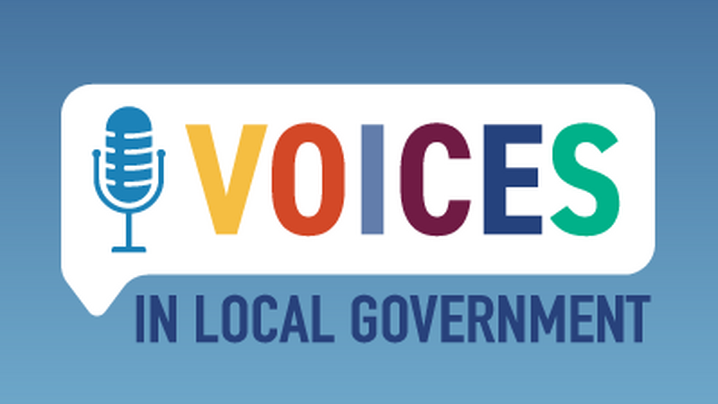
On a recent two-part episode of ICMA's Voices in Local Government podcast titled Maximizing Impact for Early Career Professionals and the Organizations that Hire Them, former ICMA Management Fellows Desiree Casanova and Christopher Sponn ranked aspects of a job that are most important when deciding to accept a new position and while building a career. During the podcast recording, many of the nine categories were rated a four or five out of five. So ICMA followed up with these two fellows and expanded the rankings from one to nine, as shown in the chart below, to better differentiate what job factors are important to them. Jeannetta Maxena, a member of the same 2022 ICMA Fellowship program cohort who will be featured on an upcoming Voices in Local Government podcast about how to land your first job, also shared her rankings.
|
Job Factor |
Average |
Desiree |
Christopher |
Jeanetta |
|
Salary |
2.67 |
3 |
4 |
1 |
|
Understanding your work’s impact on the community |
3 |
1 |
1 |
7 |
|
Clearly defined responsibilities and growth opportunities |
3.33 |
4 |
3 |
3 |
|
Balanced workload, challenged but not burned out |
4 |
2 |
5 |
5 |
|
Location/remote work |
4.6 |
6 |
6 |
2 |
|
Having interesting work or projects assigned to you |
5 |
7 |
2 |
6 |
|
Opportunities to network, access to events |
6.67 |
5 |
7 |
8 |
|
Formal recognition in front of department/organization |
7 |
9 |
8 |
4 |
|
Extra perks (gym, etc.) |
8.67 |
8 |
9 |
9 |
Takeaways for Managers
Three personal preferences certainly isn't a significant sample size. Listen to part one for context from Desiree and Christopher. Still, CAOs, HR, and other leaders who need to make key early career hires for their own team should remember:
- Ask and listen to what is important to the individual, rather than a hard sell of benefits or the promise of a "fast-paced work environment" to every candidate or recent hire in the same manner.
- These conversations shouldn't only happen during the hiring process or annual reviews, as Benjamin Effinger explains in a recent ICMA blog.
- Ranking salary as highly important doesn't automatically translate into more money that isn't in the budget. It's also not employees expecting compensation to be on par with the private sector. Salary is relative to the value of the employee's contributions.
Takeaways for Early Career Professionals
Early career professionals can also learn from Desiree, Christopher, and Jeannetta's stories:
- Decide which job factors are important to you. This can guide your process throughout the job search, application, interview, and hiring process and continue in your first job and as you advance your career. Be ready to ask the right questions, the right way, to learn as much as you can and better inform your decisions.
- Remember it's not all about you. All three of the recent ICMA Fellows demonstrate a high level of self and situational awareness. A good boss or mentor can help, but they don't exist to give you all the answers or solve all your problems, as guests on EP08 Two-way Relationship for Mentors and Mentees explained.
- Everything is a give-and-take. There's not always going to be money budgeted to travel for an event. Well-deserved praise might slip off a manager's to-do list during a busy day. Accept it. Pick your battles for what's most important and focus on doing your best work for your organization and the public.
Maximum Impact
Early career professionals have a lot to contribute immediately and even more over the long term as they grow into the next generation of local government managers. Desiree, Christopher, and Jeannetta are three prime examples. When there is open communication between employee and employer, everyone is set up for success and to deliver the best results for the community.
Send your early career professionals to the 2022 ICMA Annual Conference, with group discount rates. Students, fellows, and interns are free!
Consider hosting or becoming an ICMA Fellow; 2023 cohort applications open September 2022.
New, Reduced Membership Dues
A new, reduced dues rate is available for CAOs/ACAOs, along with additional discounts for those in smaller communities, has been implemented. Learn more and be sure to join or renew today!
